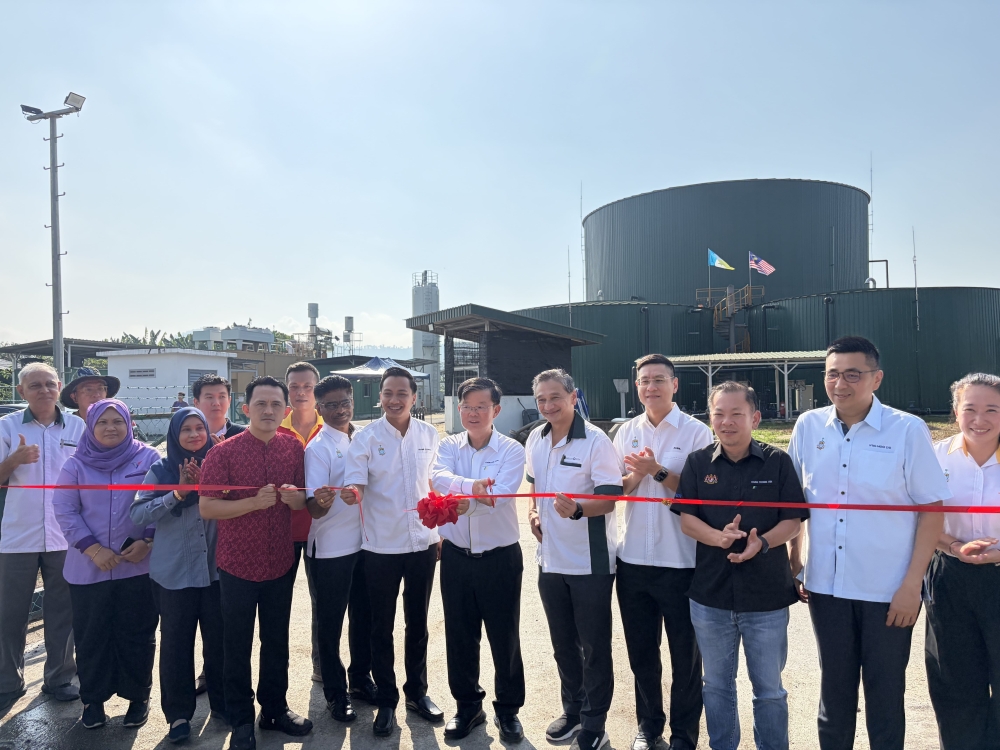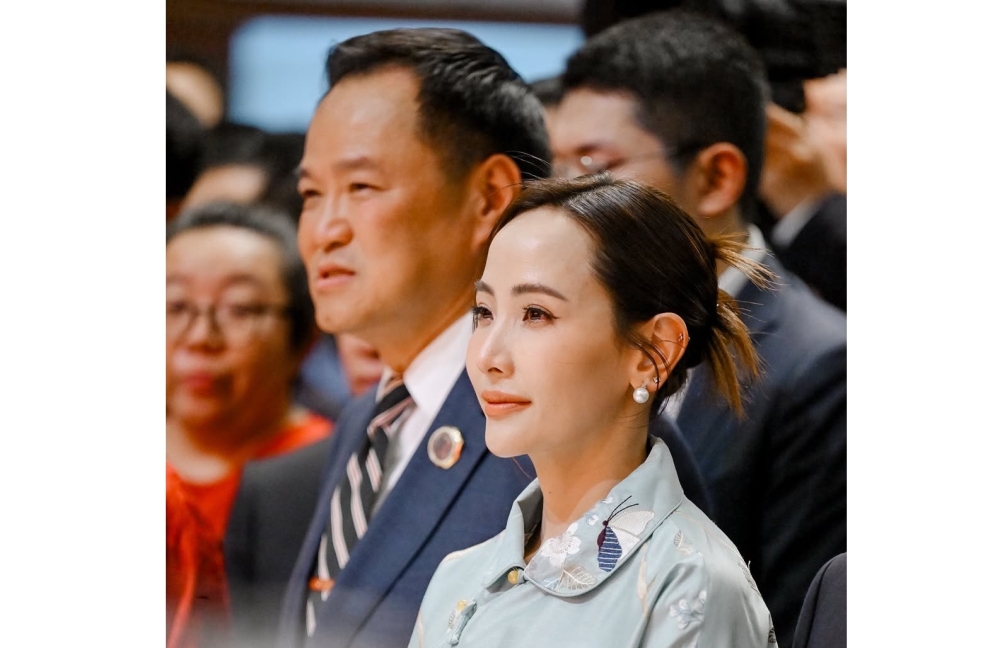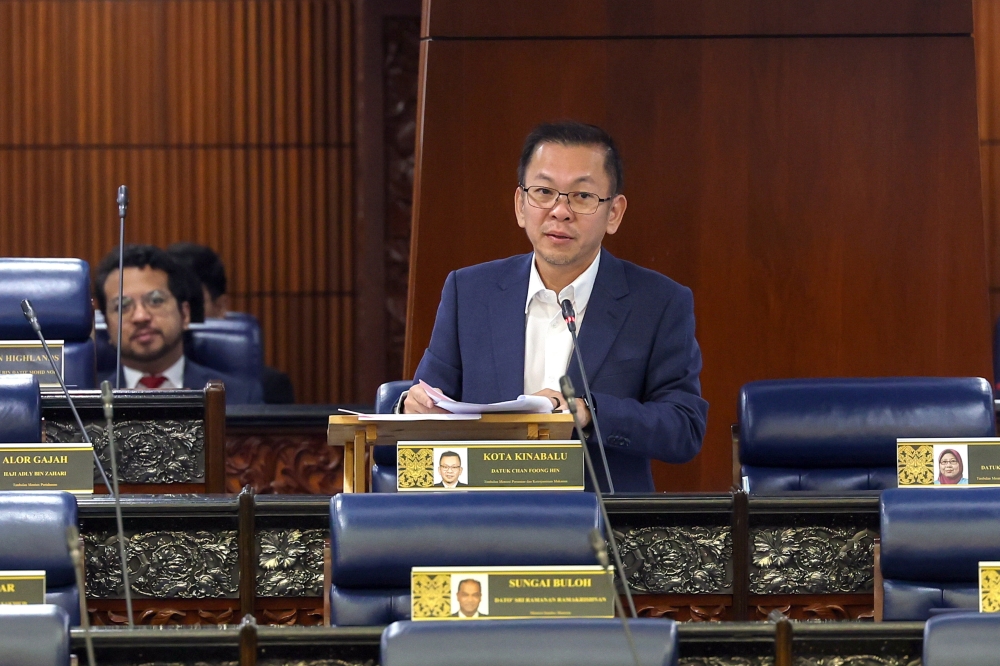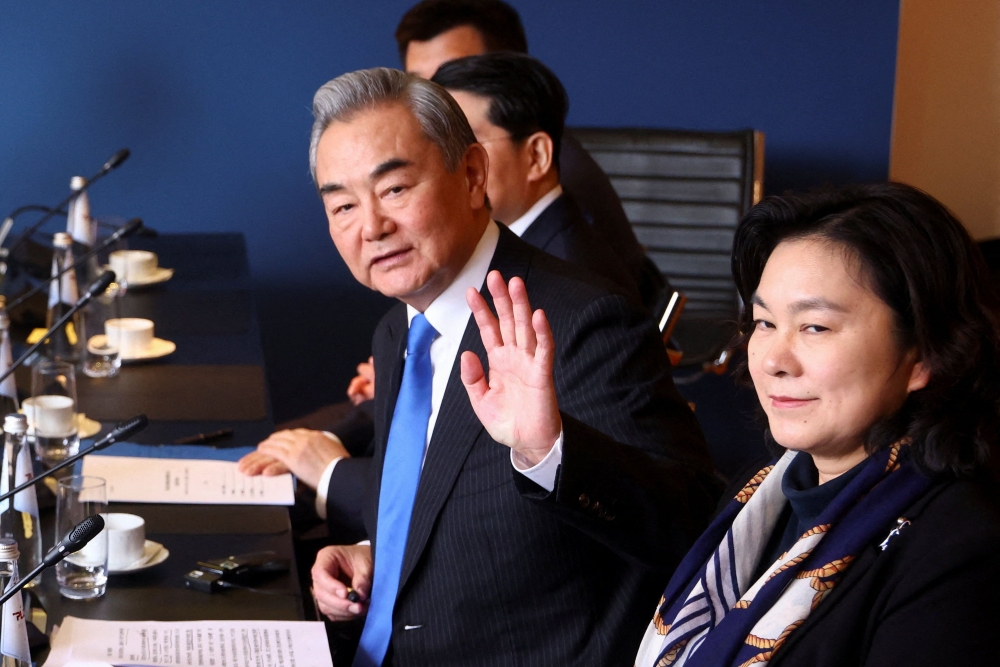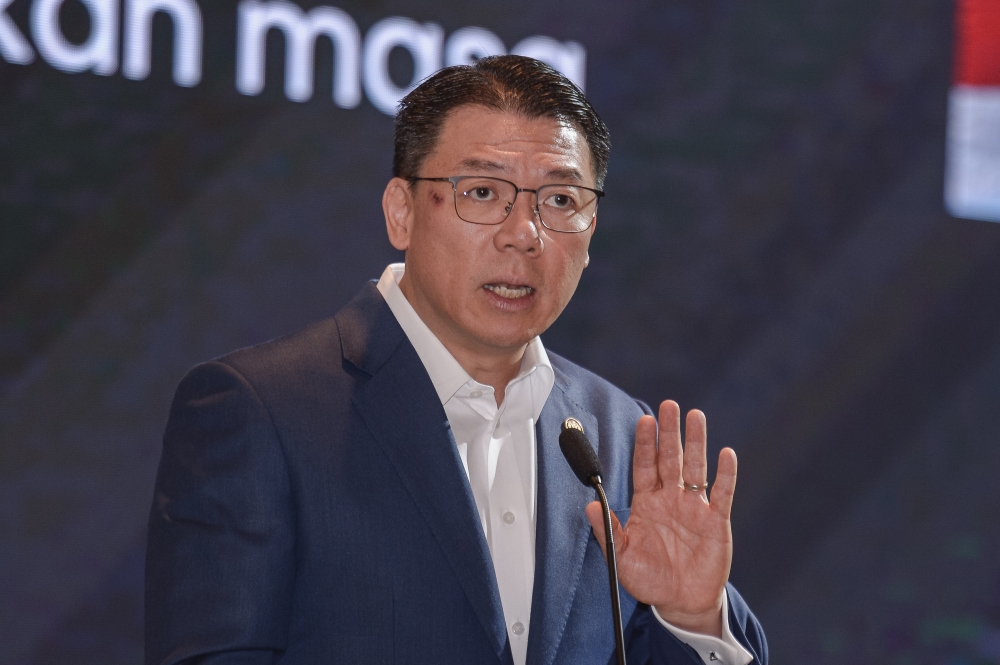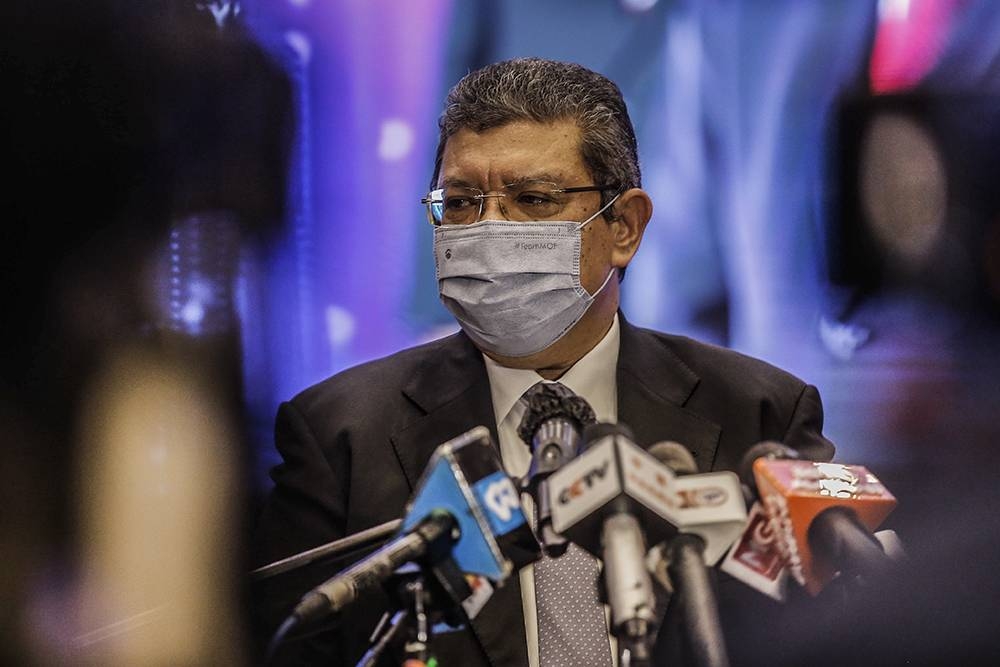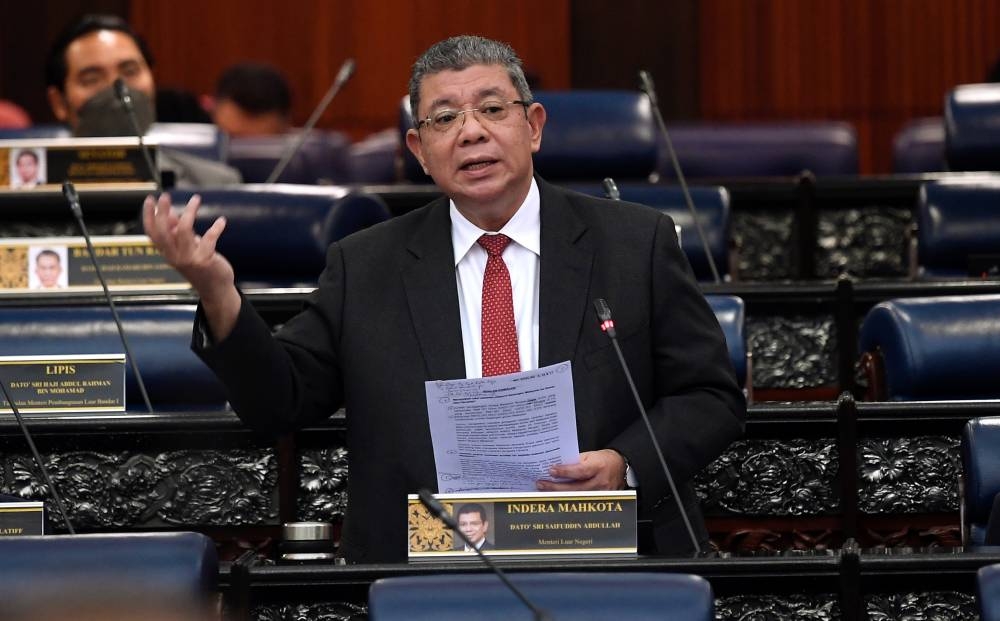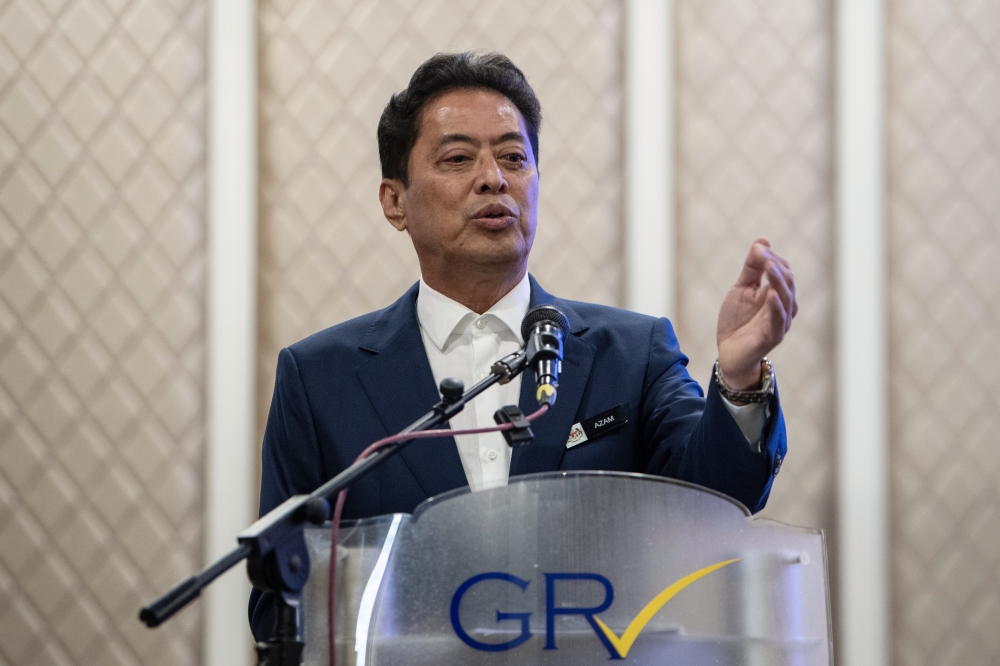KUALA LUMPUR, July 26 — Malaysia will oppose Myanmar’s presence at ministerial-level meetings of Asean in response to the junta’s execution of four democracy activists yesterday, said Foreign Minister Datuk Seri Saifuddin Abdullah.
This was an escalation of Malaysia’s previous stance of not inviting envoys of the Myanmar military government to such meetings.
“The Cabinet decided that Myanmar should not be allowed to send political representatives to all ministerial meetings; this is to show that we are very serious on the issue of political representation,” Saifuddin said in a press conference today.
Earlier, Saifuddin met with the United Nations Secretary-General’s (UNSG) Special Envoy to Myanmar, Noeleen Heyzar.
The minister noted that Myanmar proceeded with executing the activists less than a fortnight after the special envoy visited the country.
Saifuddin said he and Heyzar agreed that the executions were a major blow to ongoing efforts to resolve the crisis in Myanmar, including the Asean Five-Point Consensus.
“So, we look at it as if the junta is mocking the Five-Point Consensus and we will have to look at it very seriously,” he said.
The consensus was reached during an unprecedented Asean summit convened in April 2021 specifically for the Myanmar crisis.
Heyzar, who was also present at the press conference, called the executions “a blatant violation to the right of life, liberty, and security of a person”.
On a related matter, Heyzer thanked Malaysia for being the host of the largest Rohingya refugee population in the region, but said it must do more on the education, legal employment rights, and protection for the Myanmar refugees to prevent a “lost generation”.
Myanmar’s military junta executed four democracy activists including democracy figure Kyaw Min Yu and former lawmaker Phyo Zeya Thaw yesterday, drawing widespread international condemnation.
The activists were sentenced to death in closed-door trials earlier this year.
In February 2021, the military in Myanmar seized control of the country after overthrowing the democratically-elected civilian government.






